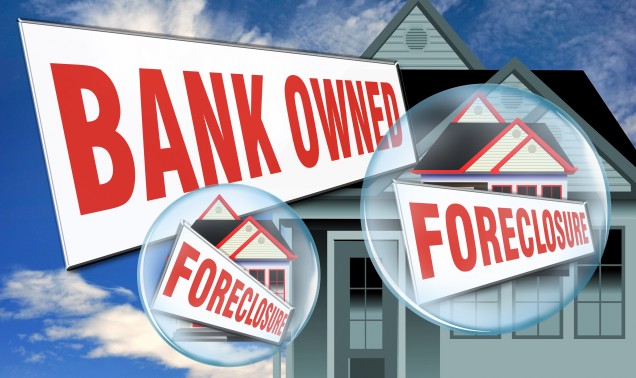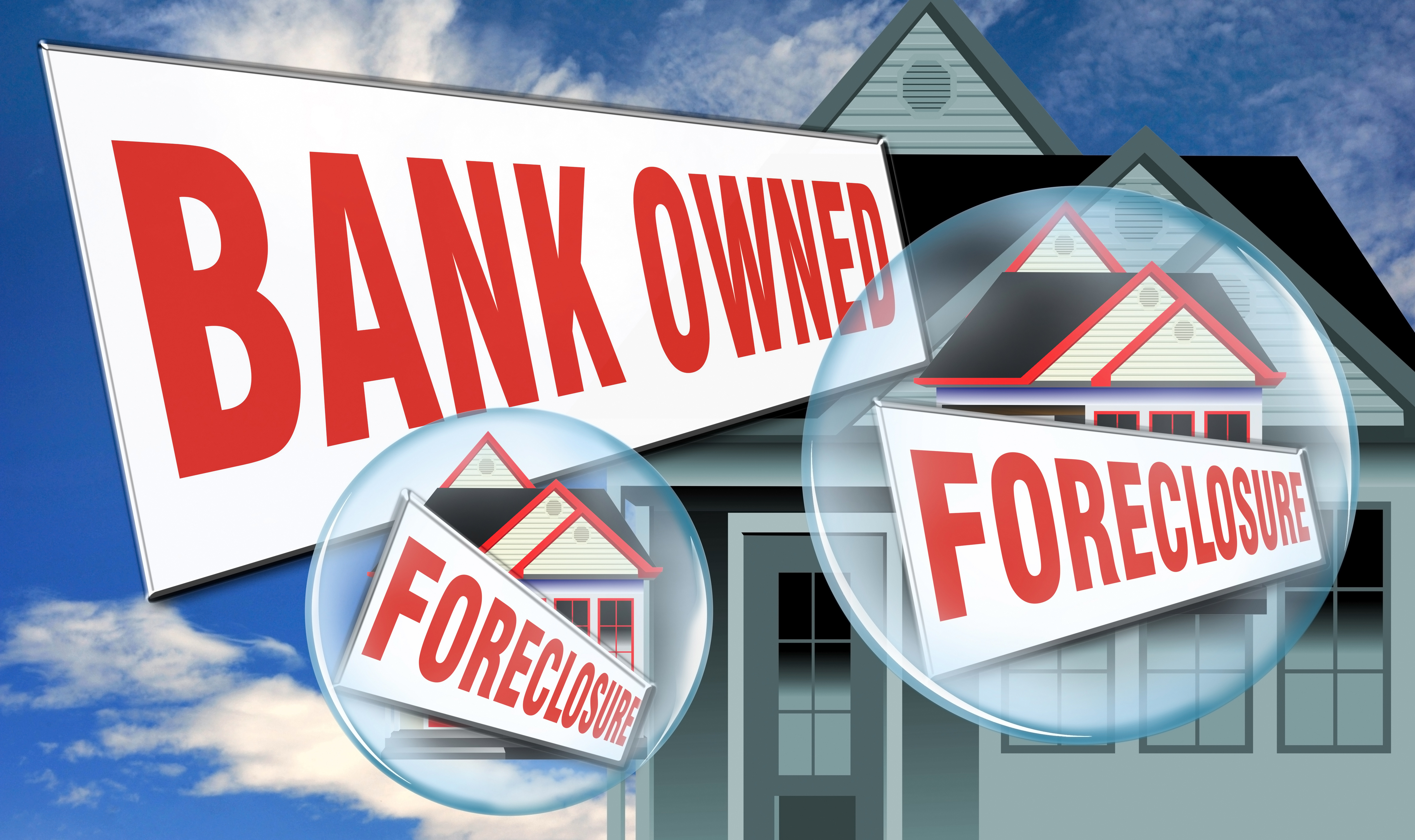FORECLOSURES: If the Real Estate Market in Georgia is “Improving” – Why Are So Many People Still Facing Foreclosure?
If you’ve recently listened to the nightly news and heard an anchor cheerfully proclaiming that “Georgia’s housing market is improving…” or that “The nation’s real estate sales and prices are steadily rising….” and wondered how economic analysts arrive at these conclusions – you’re not alone. For thousands of people here in the Valley of the Sun, those happy statistics just don’t exist.
According to an NBC news report, by 2013 approximately 5 million homes had been lost to foreclosure since the housing market crumbled in 2006, and it’s estimated that foreclosures will take over another 3 million homes through 2016. If this sounds like the housing market statistics that happened during the Great Depression 75 years ago, it is. The fact is this: estimates and analysis show that foreclosures may be affecting just as many people now as they did in 1933 – or more.
If you’re struggling to make your mortgage payments – for whatever reason – economic recovery may still seem like the impossible dream.
The irony is that the housing and real estate market really are “improving” – slowly. There are fewer homes in the process of foreclosure now than there were a year ago. Housing prices are rising, loans are becoming more available, and the overall trend is that houses really are selling more quickly now. But….
If this is true, then why are so many people still facing foreclosure? Why does it still seem like the housing recovery has passed you – and thousands of Arizonian’s – by?
There are thousands of people caught in a financial crunch that may have started with the lending crash, but this financial quandary is now continuing for other reasons – and they’re beyond your control. What are some of those reasons? A brief overview includes:
Unemployment # 1 = Inability to Pay Mortgages = Foreclosures
Unemployment continues to be the number one problem facing American homeowners today. For many Americans, the job market is continuing on it’s downhill slide; the job market just hasn’t kept pace with other aspects of the recovery, in spite of all the “cheery” news. Unemployment is still a huge issue. People continue to lose jobs, mortgage payments continue to be missed – and homes continue to go into foreclosure.
Unemployment # 2 = Fewer People Can Afford to Buy Your Home = Foreclosures
Yes, interest rates are improving, and yes – it is becoming easier to get a loan. But while interest rates are improving and lenders are loosening their requirements for obtaining a mortgage loan, fewer people can qualify for those loans to buy a home. Along with the continued rise in unemployment, unsecured debt, student loans, and other credit issues continue to keep people out of the housing market. When a homeowner can’t find a qualified buyer for a home they need to sell – then it can force them into foreclosure.
Unemployment # 3 = Harder to Sell Homes = Foreclosures
Many homeowners who are struggling know that selling their home is the answer to their financial situation, and that’s what they want to do, if only they could. But the real estate market hasn’t improved that much; the homes that are selling are new, newer, and/or in mint condition. If you’re struggling financially, chances are that your home isn’t in that kind of shape. This means that in order to get a good – or even decent – price for your home, it needs to be “fixed up.” Fixing up a home so it will actually sell in what is still a tough market costs time and money that strapped homeowners don’t have.
Why “The Good News” is Still “The Bad News” for Many Homeowners
Here’s the good news in real estate: yes, housing prices are rising, homes are staying on the market for a shorter amount of time, and some homeowners are now often able to get a price for their home that’s decent. This is all good news that is – ironically – creating the bad news for many people who are struggling to pay their mortgages, because the rising real estate market is actually driving many people into foreclosure. Why? Because banks and lenders know they can actually get more money for a property now – so they are playing hard-ball with the foreclosure timetable – rather than working toward an amenable solution for homeowners that are trying to hang on.
Lenders are Foreclosing More Quickly Now
At the height of the real estate collapse, there were so many foreclosures to deal with that processing them slowed down, and – in some instances – almost seemed to stop completely. For banks and lenders – foreclosing became an almost pointless exercise because people were simply walking away from their homes, leaving them to deal with vacant properties they couldn’t sell. Now that the banks have caught up with the backlog of foreclosures, and there is the possibility of making money again, lenders have begun to process foreclosures more and more quickly.
Lenders are Not as Willing to Negotiate – or Re-negotiate the Terms of a Mortgage
Some homeowners were able to hang onto their homes by re-negotiating the terms of their mortgage in order to make payments more affordable. Again, the improving financial picture means that lenders aren’t willing to do just about anything to try and get some kind of return; if a homeowner can’t make the payments, they know that now they can turn around and actually get more money if they sell it themselves.
The Government Relief Programs Have Run Out
The government stepped in to provide some homeowners with some financial benefits that allowed them time so they could get back on their feet. Unfortunately, that clock has run out on most of these programs, and the benefits that could have saved a lot of homes from foreclosure no longer exist.





